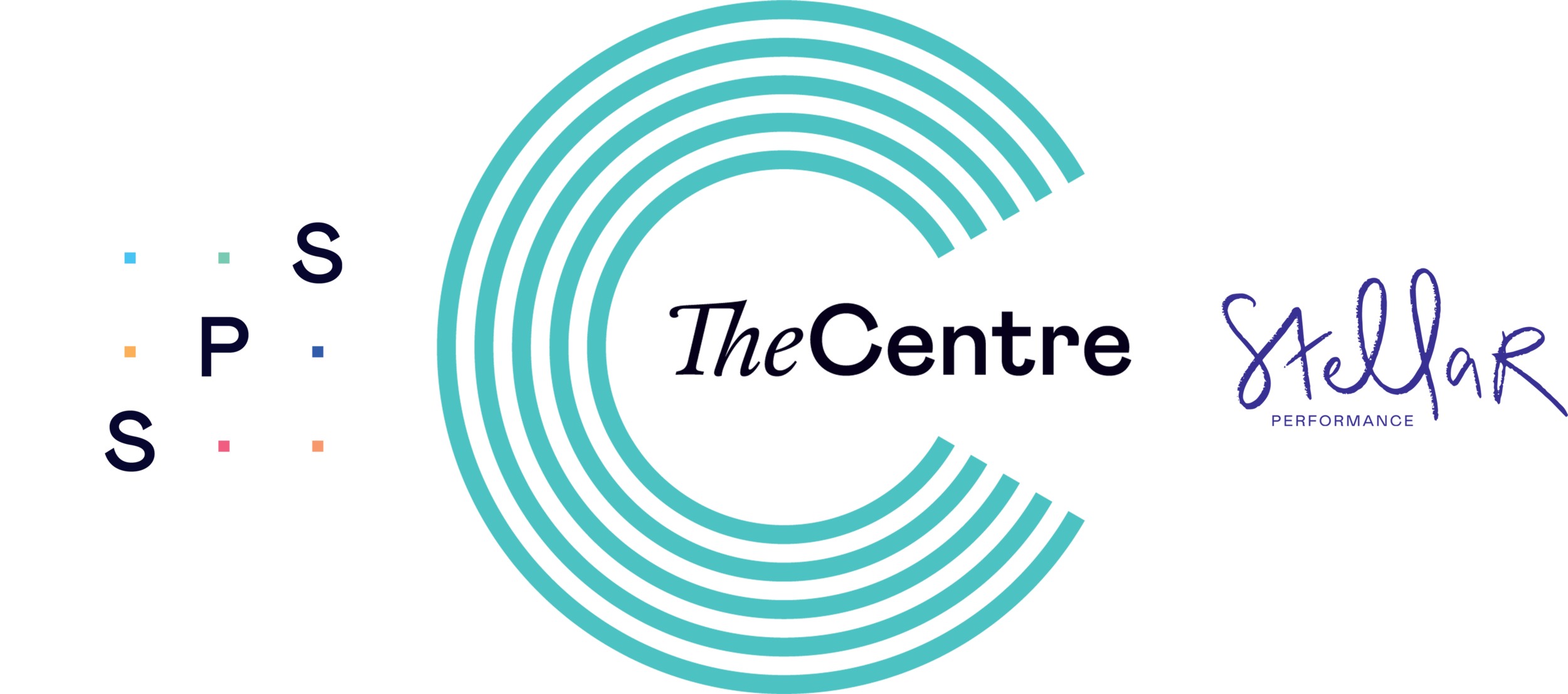J- Justify - Do your records justify your actions?
In order to justify your actions you must ensure that your records adequately explain your ‘thought’ process and ‘how’ you came to the conclusion for the treatment or intervention applied and to which the client consented.
I often encounter therapists/practitioners who have no notes or records of the massage and soft tissue therapy they have just delivered. This seems to be particularly true of those working at events or away from their ‘normal’ base or clinic.
It appears to be a misconception on the part of many masseurs that they do not need to keep records or only take and keep records in certain situations……each & every session requires a ‘record’, regardless of location, situation & type of massage or soft tissue therapy.
Let me dissuade you from this school of thought that records aren’t required. You must keep records even if you are not a ‘regulated’ professional. These must demonstrate the you have gathered all relevant information on which to base your chosen intervention and that the client/patient has consented to your proposed course of action/treatment prior to delivery. It is advisable but not essential to have the consent in writing.
These records must be kept for 8 years and longer if the client was under 16 at the time of your massage/soft tissue therapy or deemed to have a mental capacity of less than 16. In these situations the notes would also show who the parent or legal representative was at the time and that they remained present throughout any consultation and / or treatment.
To ensure you understand how to justify your actions look at the following advice check-list:
Have I correctly recorded the clients personal details?
Personal details should include their DOB, Gender they identify as, contact address, phone, email or similar. The GP and any consultant or other healthcare practitioner they may be seeing?
What is their reason for the visit?
Have I recorded all appropriate contraindications?
Have I recorded relevant detail of the ‘reason for visit’ and any past episodes of the ‘reason for visit’?
Has there ben any interventions previously and how successful were they?
Have I recorded my own clinical assessment?
Have I identified my decision, aims & objectives to the client?
Has the client consented and if so verbally or in writing?
Have I recorded adequately the massage, soft tissue interventions and treatments utilised?
Have I recorded a reassessment both objective and subjective?
have I recorded the clients feedback?
Have I recorded any advice and follow up suggested?
On reflection have I worked within my scope of practice?
Too often massage and soft tissue skills are applied without thought to intention, outcome and future management of presenting problems. Informed consent to ‘touch’ a person is required and to avoid misunderstandings and ineffective treatments. If you are uncertain about ‘how’ to gain consent and ‘how’ to document each interaction/massage strategy then consider a ONE -TO -ONE session. This is as important as the appropriate application of any massage or soft tissue skill. Without the appropriate records you leave yourself vulnerable to a claim.
Increasingly the need to communicate our intentions in more and more detail is required. We also need to understand the implication of gender, gender identification, culture, expectation and economic pressures on our clients and how that impacts what we deliver at any given moment in time.
Therapists, practitioners and all healthcare professionals who use massage and soft tissue skills must continue to develop professionally in order to meet the often challenging and changing situations in which they find themselves. We must not ‘stand still’ in developing our practice and skills if we are to offer up to date, appropriate interventions to meet client need.
If you need any further help, support or guidance then contact us to arrange a One to One or attend a course in advanced soft tissue skills, assessment or agree a bespoke education programme to meet your needs.

